Humanitarian Access in Sudan Under Siege: As Famine Looms, the RSF Tightens its Grip on Aid Efforts
- by Abdullah Muhammad, RNG247
- about 9 months ago
- 154 views
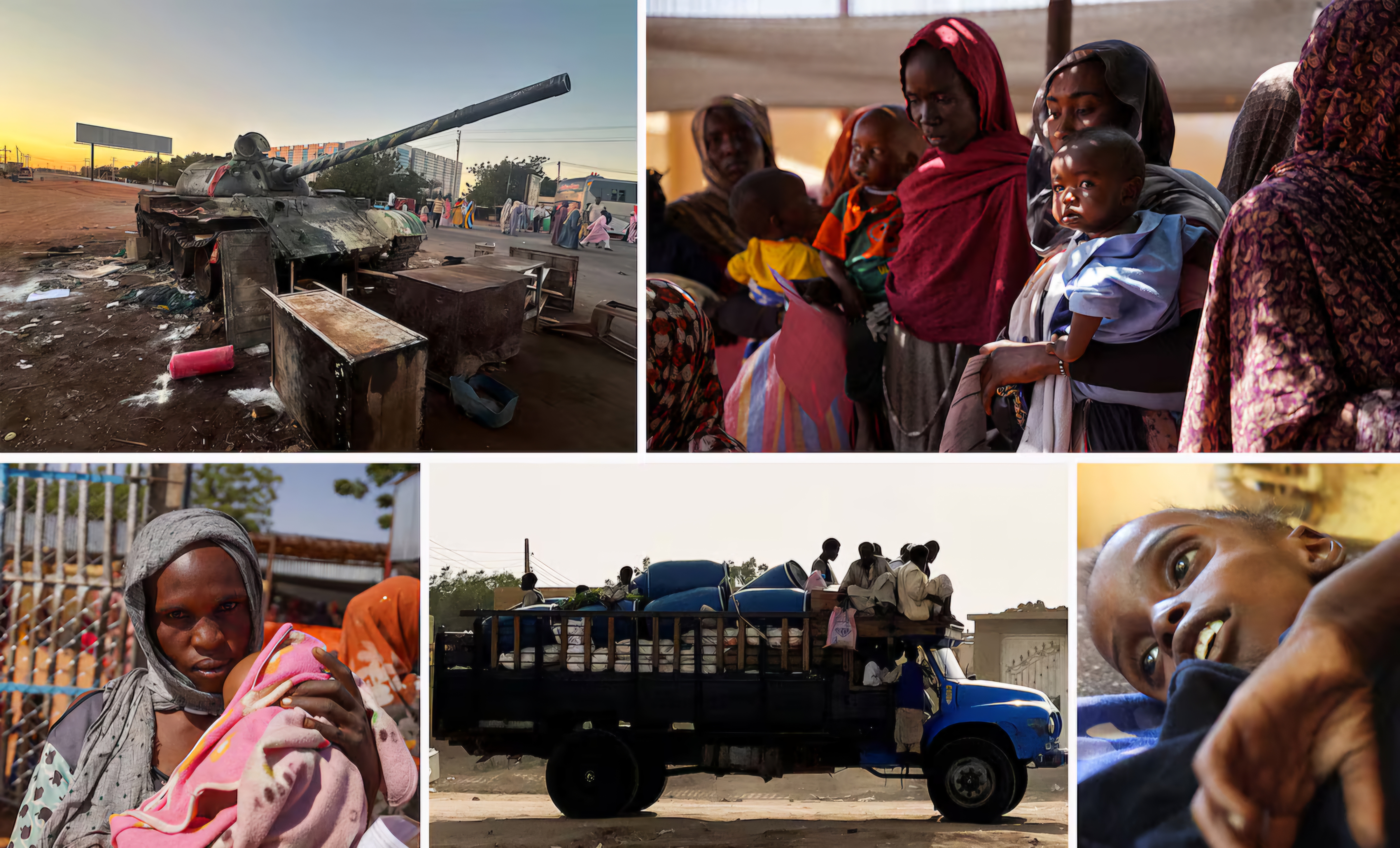
...Sudan's Rapid Support Forces Tighten Stranglehold on Humanitarian Aid Amid Worsening Famine Crisis
In a disturbing turn of events in Sudan, humanitarian workers report that the Rapid Support Forces (RSF), a paramilitary group embroiled in conflict with the national army, are imposing new restrictions on aid deliveries in regions where famine is increasingly severe. This development endangers the lives of countless individuals in the western regions, particularly in Darfur—an area already traumatized by years of violence and displacement.
The RSF's actions coincide with efforts to establish a parallel government in western Sudan amid a chaotic power struggle. As the RSF faces military pressure in the capital, Khartoum, these strategies signal a troubling potential for further national division, reminiscent of the country's split from South Sudan in 2011.
Current estimates indicate that nearly half of Sudan's population of 50 million suffers from acute hunger, with most of those in RSF-controlled areas experiencing extreme hardship. Over 12.5 million people have been forcibly displaced due to ongoing armed conflict, which the United Nations describes as the world’s most devastating humanitarian crisis.
In recent months, aid workers have noted a worrying trend: the RSF has begun to demand elevated fees and impose oversight on humanitarian operations, emulating unfavourable tactics historically used by army-aligned authorities. These practices, previously unreported, have resulted in significant hurdles for agencies attempting to deliver life-saving assistance.
“We face an impossible choice,” said Médecins Sans Frontières (MSF) Secretary General Christopher Lockyear at a recent U.N. Security Council meeting. He lamented that failure to comply with the RSF's registration requirements leads to arbitrary delays, while compliance threatens expulsion by the army and its supporters. The data compiled by the Sudan INGO Forum reveals that the rate at which organizations are facing delays in obtaining travel permits into RSF territory has skyrocketed from 20-30% last year to 60% in January.
Abdelrahman Ismail, head of the RSF-affiliated Sudan Agency for Relief and Humanitarian Operations (SARHO), defended the group's position, stating that the agency is merely exercising its legal prerogatives and providing a fully compliant procedure for humanitarian organizations. However, NGO representatives counter that increasing bureaucratic controls are stifling essential aid and harming the most vulnerable populations.
As the situation compounds, the disastrous consequences are already evident in al-Fashir, a city suffering from severe food shortages. Reports indicate dire conditions at displaced persons camps like Zamzam and Abu Shouk, where residents have resorted to foraging for leaves to survive. “We are hungry and scared… we aren’t receiving any form of aid,” lamented Haroun Adam, a resident of Zamzam camp, underscoring the desperate plight of many.
Despite the RSF's assertions that it is facilitating aid access, the reality on the ground shows an alarming trend towards exacerbating humanitarian suffering while engaging in political maneuvering. As the war drags on with no resolution in sight, the hopes of millions hang precariously in the balance, overshadowed by the relentless pursuit of power amid a growing humanitarian emergency.




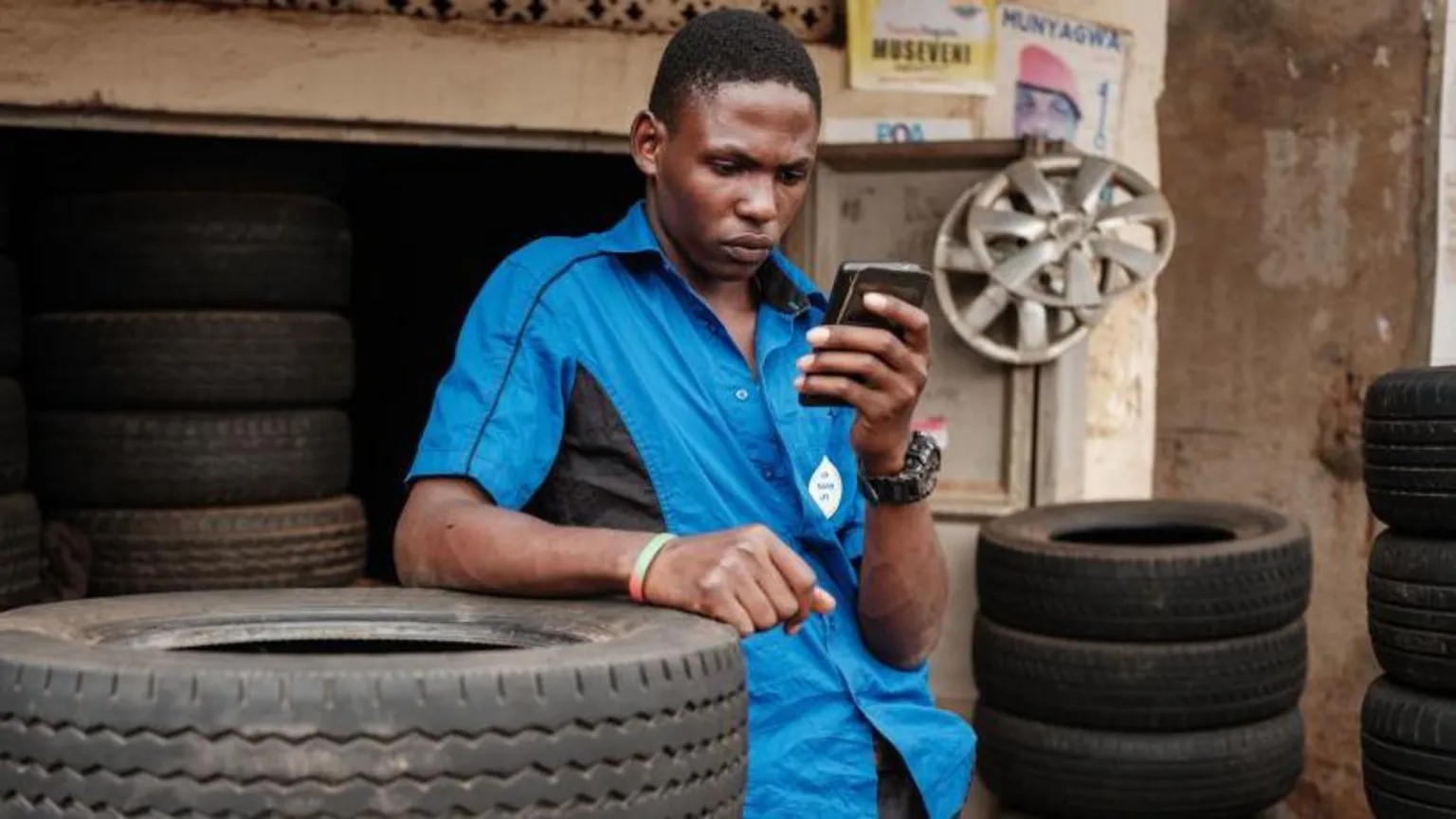
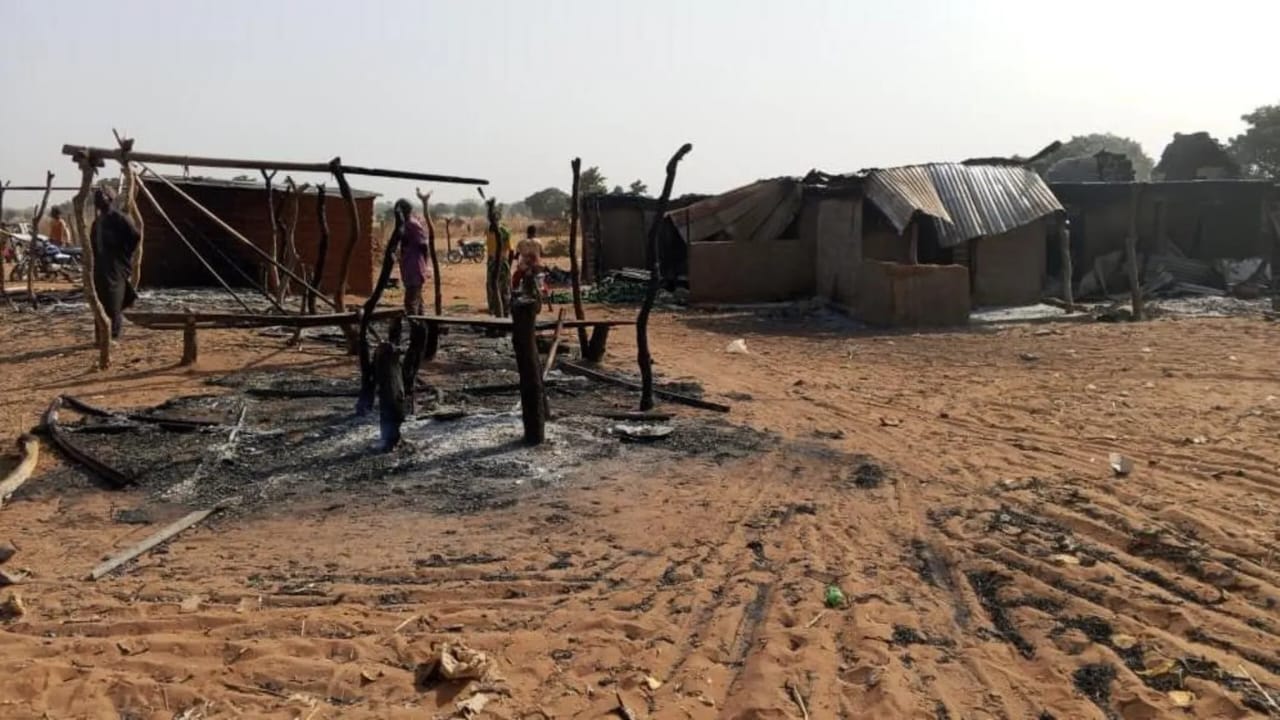

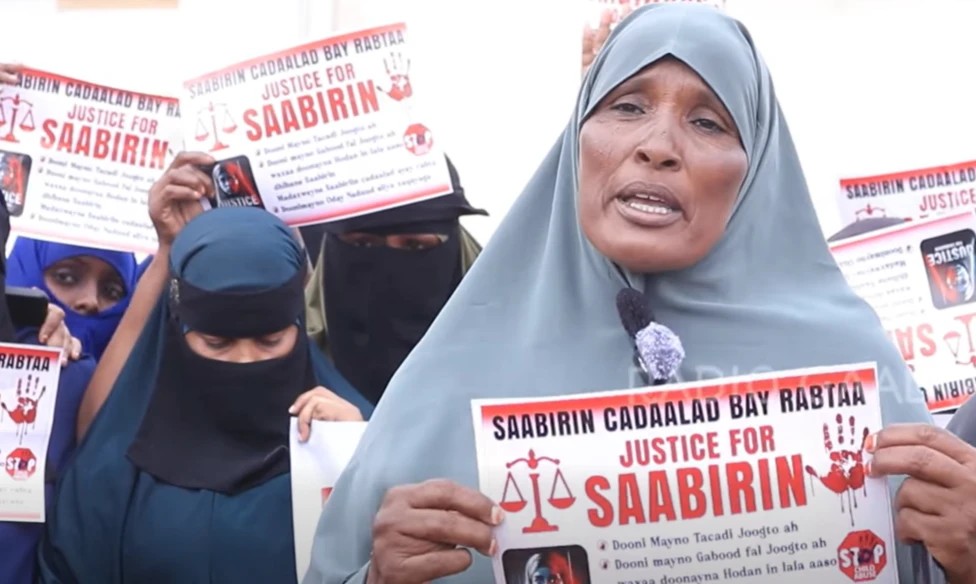


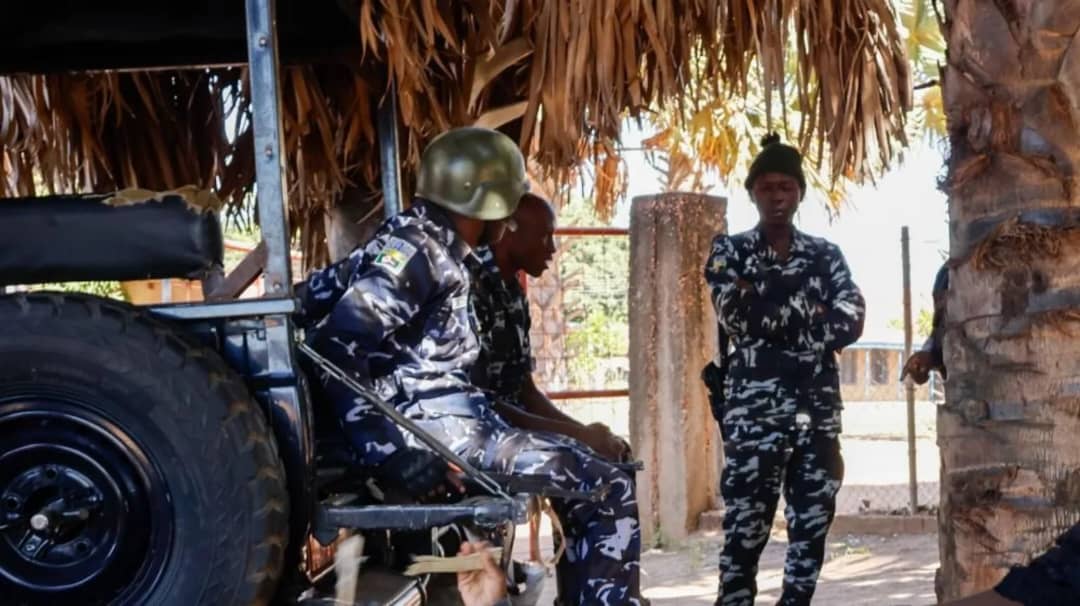

.jpg)



0 Comment(s)